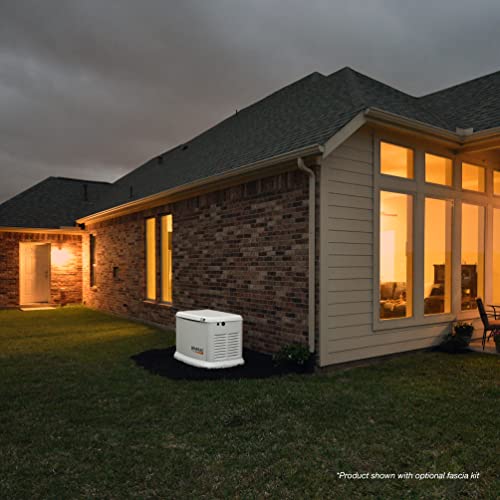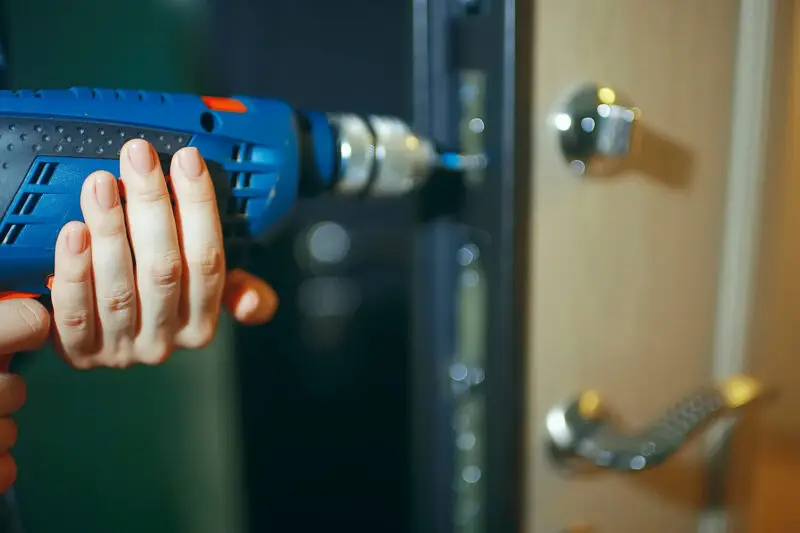Disclosure: This post may contain affiliate links, meaning we get a commission if you decide to make a purchase through our links, at no cost to you. Please read our disclosure for more info.
Did you know that the naming of tropical storms and hurricanes in the Atlantic Ocean dates back to 1953? At first, only female names were used; the National Hurricane Center added male monikers to the list starting in 1979. A total of six lists are rotated, meaning that 2019’s hurricane names will be recycled in 20205.
However, when a storm has been particularly deadly or devasting, that name is retired out of respect to its victims. The hurricane names that have been retired in recent years include Florence, Michael, Harvey, Irma, Matthew, Otto, and Erika.
If you live in an area of the country that is prone to hurricanes, you probably have already taken steps to create a hurricane proof house. But if you’ve just moved to the area, are a new homeowner, or just want to double-check that you’re as safe as can be, read on for a guide to keeping your property intact when those tropical winds start to blow.
In This Post:
- 1. High-Impact Glass Is Good Insurance
- 2. Use Hurricane Window Film
- 3. Pick Up Some Protective Plywood
- 4. Storm Shutters for Safety
- 5. Replace Your Wood Doors with Fiberglass Ones
- 6. Get Hurricane-Rated Garage Doors
- 7. Keep Your Mind on the Gutter
- 8. Batten Down the Basement
- 9. Generators Are Good to Have on Hand
- A Hurricane Proof House Provides Peace of Mind
1. High-Impact Glass Is Good Insurance
If it’s in the budget, your best bet for hurricane-proof windows is high-impact glass. This is made of two panes of tempered glass that sandwich a layer of plastic film.
As you can imagine, these windows will set you back a pretty penny — about three times the cost of a regular window. But many denizens of hurricane-prone regions say they are worth every cent for providing peace of mind.
2. Use Hurricane Window Film
This lower-budget method of preparing for a tropical storm has several advantages. The window film is easy to install, doesn’t detract from your view, and can be left in place all year long.
At $25 per linear foot, it’s a fairly economical solution — and as an added bonus, it’s energy-efficient (and therefore energy-bill lowering) as well.
If a hurricane does strike and shatter your windows, the film helps hold all the shards of broken glass in place. As you can imagine, that’s highly preferable to having glass flying about inside your home.
3. Pick Up Some Protective Plywood
There’s a reason that so many people who live in hurricane-prone areas use plywood to protect their windows. It works!
Opt for 1/2- or 5/8-inch thick sheets of plywood, and make sure to allow for eight extra inches of overlap all around your windows.
Savvy homeowners have pre-installed screw anchors around their windows so that putting up the plywood is a simple and fast task when the weather starts to go south.
4. Storm Shutters for Safety
Yet another option for securing your windows — and by extension, the entire house — is the professional installation of storm shutters. Choose accordion-style or the roll-up variety, depending on your aesthetic and the type of windows you have.
Storm shutters are permanent, which means there’s no frantic fumbling with plywood. All you have to do is unroll or unfold them, and voila: you’re covered.
5. Replace Your Wood Doors with Fiberglass Ones
A lot of attention is paid to windows when there’s a hurricane brewing — as it should be. But don’t get so focused on boarding up your windows that you neglect your doors.
Before a hurricane hits, consider replacing your traditional wood front and back doors with fiberglass ones instead. Considered “hurricane-proof,” these max protection doors are much stronger than their wooden counterparts.
Not only that, but they are more energy-efficient as well. That means you’ll benefit all year ’round!
6. Get Hurricane-Rated Garage Doors
Wind entry through garage doors accounts for about 80% of all damage from hurricanes when it comes to residential homes, says CNN Money. So it makes sense that you should put significant effort into shoring up this area.
Choose a garage door that’s specially designed to withstand hurricane-force winds. These are usually made of steel. While you’re at it, spring for steel reinforcement posts to ensure that the door stays in place even in the worst winds.
7. Keep Your Mind on the Gutter
So far, we’ve only discussed preventative steps to lessen the impact of hurricane-force winds. But remember that water has equal potential to damage and destroy your home and everything inside it.
One super simple way to prepare your property? Make certain you keep the gutters and downspouts clear of leaves and other debris. That way, when the torrential downpours start, all that water has a clear route to drain away from the house.
Otherwise, a blockage might cause water to dam up, force its way into the roof, flood the attic, and generally wreak havoc throughout your home.
8. Batten Down the Basement
Basements are just as prone to water-related damage as attics, if not more so. Don’t wait until after you’ve experienced flooding to invest in a top-notch sump pump. Ideally, you want one that is backed up by a battery, so that it will keep on pumping even if you lose power.
And when the weather channel reports that a hurricane is en route, check the sump pump’s intake screen, discharge pipe, and vent hole. Clean out any dirt, gravel, clogs, or other debris that could interfere with its functioning.
9. Generators Are Good to Have on Hand
Speaking of power, consider keeping a generator on hand in the event that yours goes out. While this doesn’t directly prevent damage to your home, it can make every aspect of riding out a storm — preventative measures, hunkering down when the hurricane actually hits, and of course cleaning up the aftermath — much easier to bear.
There are whole-house generator systems available. These are ideal for folks who rely on electricity to power life-saving devices, such as oxygen concentrators, ventilators, dialysis equipment, and the like.
Otherwise, a smaller unit will probably work just fine, providing juice to the essential appliances until the system can be restored.
A Hurricane Proof House Provides Peace of Mind
Once you have taken these steps to shore up your property, you will be able to rest easy, come what may. The knowledge that your family will stay safe even if you haven’t been able to evacuate does wonders for your peace of mind. And so much the better if your house can come through the storm unscathed, as well.
Let Mother Nature dish out her worst. Your hurricane proof house can handle it!








